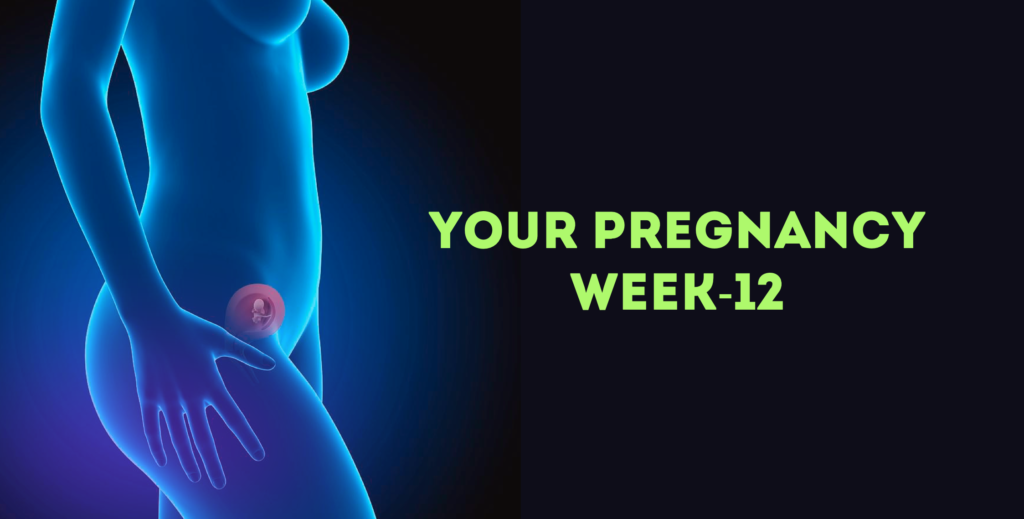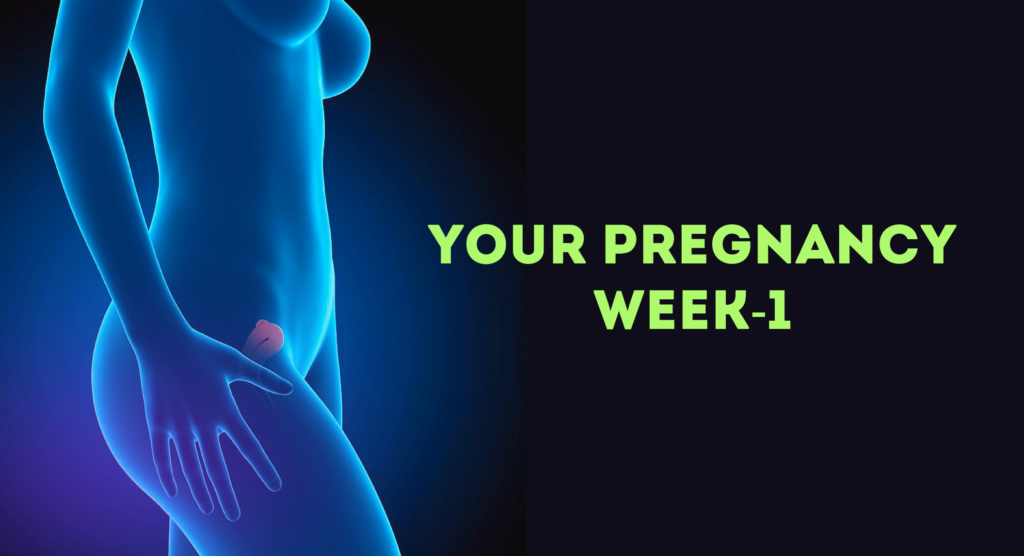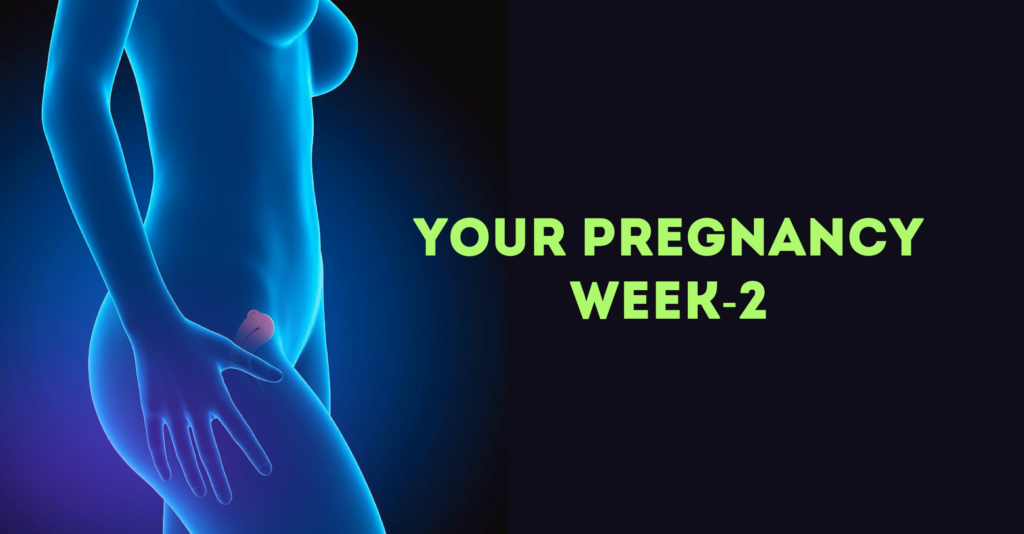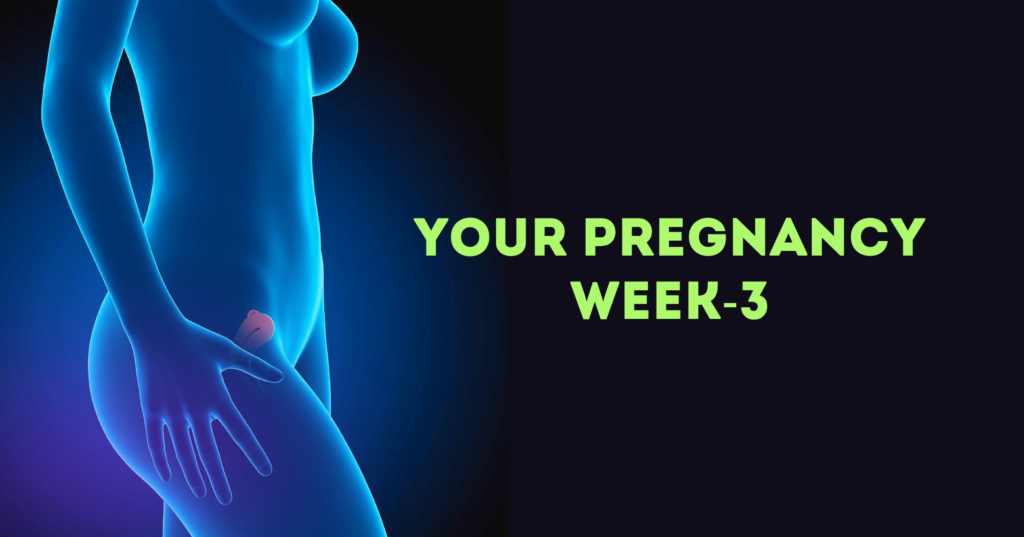Key Takeaways at 12 Weeks Pregnant
- Baby’s Growth: At week 12, your baby is about the size of a plum, measuring around 2.1 inches (5.4 cm) in length and weighing roughly 2.05 ounces. All major organs are developed and starting to function.
- Morning Sickness Relief: Many women find that nausea and morning sickness begin to decrease around this time as you enter the second trimester.
- Visible Baby Bump: Your uterus is expanding, and you may notice your lower abdomen starting to protrude slightly.
- Increased Energy: With the first trimester nearly behind you, you may begin to feel more energized and have a clearer mind.
Pregnancy Symptoms During Week 12 and How to Manage Them
During week 12, you might still experience some early pregnancy symptoms, but many will start to diminish as your hormones stabilize. Here are the most common symptoms and tips on how to manage them:
- Morning Sickness:
- What to Expect: Morning sickness, if you have it, may start to decrease by week 12 as the placenta takes over hormone production.
- Management Tips: Continue to eat small, frequent meals and stay hydrated. Ginger tea or peppermint candies may also help ease nausea.
- Increased Energy:
- What to Expect: You might notice a boost in energy levels as your body adapts to the pregnancy.
- Management Tips: Take advantage of this increased energy by engaging in light exercise like walking or prenatal yoga to help build strength.
- Headaches:
- What to Expect: Hormonal changes can sometimes trigger headaches during this stage of pregnancy.
- Management Tips: Stay hydrated, get plenty of rest, and consider relaxation techniques such as deep breathing or prenatal massages.
- Visible Veins:
- What to Expect: The increased blood volume might make your veins more noticeable, especially on your legs and abdomen.
- Management Tips: Elevate your feet whenever possible and avoid standing for long periods to reduce discomfort.
- Increased Vaginal Discharge:
- What to Expect: It’s normal to experience an increase in thin, milky vaginal discharge (leukorrhea).
- Management Tips: Wear breathable cotton underwear and avoid douches, which can upset the natural balance of bacteria in your vagina.
12 Weeks Pregnant is How Many Months?
At 12 weeks pregnant, you are approximately three months into your pregnancy. This milestone marks the end of the first trimester, and you’re about to enter the second trimester—a period often referred to as the “honeymoon phase” of pregnancy due to reduced symptoms and increased energy.
Baby Development at 12 Weeks
Your baby is undergoing rapid development this week, with many significant changes happening:
- Organ Development: All the major organs are formed and starting to function. The intestines are settling into their permanent place in the abdomen.
- Facial Features: Your baby’s face is becoming more defined, with eyes and ears moving closer to their final positions.
- Reflexes: The baby now has reflexes, like opening and closing fingers, curling toes, and making sucking motions.
- Heartbeat: The baby’s heart is beating twice as fast as yours and can be heard using a Doppler.
- Bone Formation: The skeleton continues to harden, and tiny tooth buds are forming beneath the gums.
- Your baby’s intestines: The stomach and esophagus started forming around 7 weeks of pregnancy, and your baby’s intestines grew so fast that they protruded into the umbilical cord. Soon, the abdominal wall will close and their intestines will make their way inside their abdomen.
Your Pregnant Belly at 12 Weeks
At this stage, your uterus has grown significantly and is now moving up into your abdomen from the pelvic area. You may notice a slight bump starting to show, especially if this is not your first pregnancy. As your belly expands, wearing comfortable and supportive maternity clothing can make a big difference.
Pregnancy Checklist at 12 Weeks Pregnant
As you approach the second trimester, here are some important items to add to your pregnancy checklist:
- Schedule Your Nuchal Translucency Scan: This ultrasound scan is typically performed between 11 and 14 weeks to assess the risk of chromosomal abnormalities.
- Update Your Diet: Make sure to include foods rich in iron, calcium, and folic acid to support your baby’s rapid growth.
- Exercise Regularly: Light exercises, such as swimming or prenatal yoga, can help reduce back pain and improve your overall well-being.
- Stay Hydrated: Aim to drink at least eight glasses of water a day to keep your body and baby hydrated.
- Maternity Clothes Shopping: Start looking for comfortable maternity wear as your body continues to grow and change.
To-Do’s for DAD
Pregnancy is a journey that involves both partners, and here are some things that dads-to-be can do at this stage:
- Attend Doctor’s Appointments: Make an effort to join your partner at prenatal visits to support her and learn about the baby’s development.
- Learn About Pregnancy: Educate yourself about the upcoming second trimester so you can be more prepared and supportive.
- Help With Household Chores: Your partner might still be feeling fatigued or nauseous, so stepping in with chores can be a great help.
- Plan for the Future: Start discussing baby names, nursery ideas, and other preparations that need to be made for the arrival of your little one.
Frequently Asked Questions
1. What symptoms should I expect at 12 weeks pregnant? At 12 weeks, symptoms like morning sickness, fatigue, and mood swings may still be present, but they often start to subside as you approach the second trimester. You might also experience headaches and increased energy.
2. How big is my baby at 12 weeks? By 12 weeks, your baby is about the size of a lime, measuring around 2.1 inches (5.4 cm) long and weighing about 0.5 ounces (14 grams).
3. Is it normal to have a belly bump at 12 weeks pregnant? Yes, it’s quite common for women to start showing a slight baby bump by 12 weeks, especially if it’s not their first pregnancy.
4. What foods should I avoid at 12 weeks pregnant? Avoid foods that are high in mercury, raw or undercooked meat and seafood, unpasteurized dairy products, and foods that could lead to listeria infection.
5. How can I manage fatigue during the 12th week of pregnancy? To combat fatigue, focus on a balanced diet, light exercise, and getting plenty of rest. Make sure to take naps during the day if needed.
6. Can I travel during the 12th week of pregnancy? Traveling is generally safe at 12 weeks, but it’s always a good idea to consult with your healthcare provider before planning any trips.
This detailed guide on week 12 of pregnancy will help you understand what to expect and how to manage the various symptoms and changes you might experience. Stay informed, take good care of yourself, and enjoy the journey to meeting your little one!



